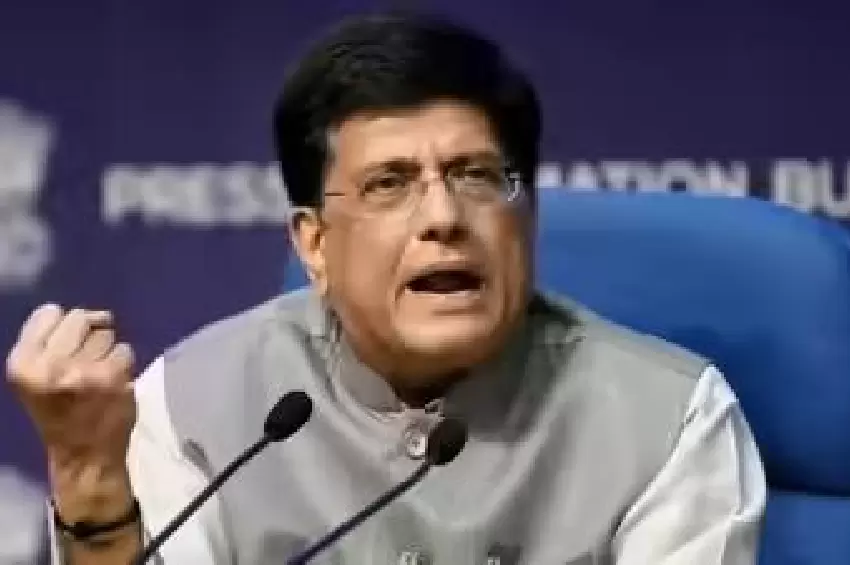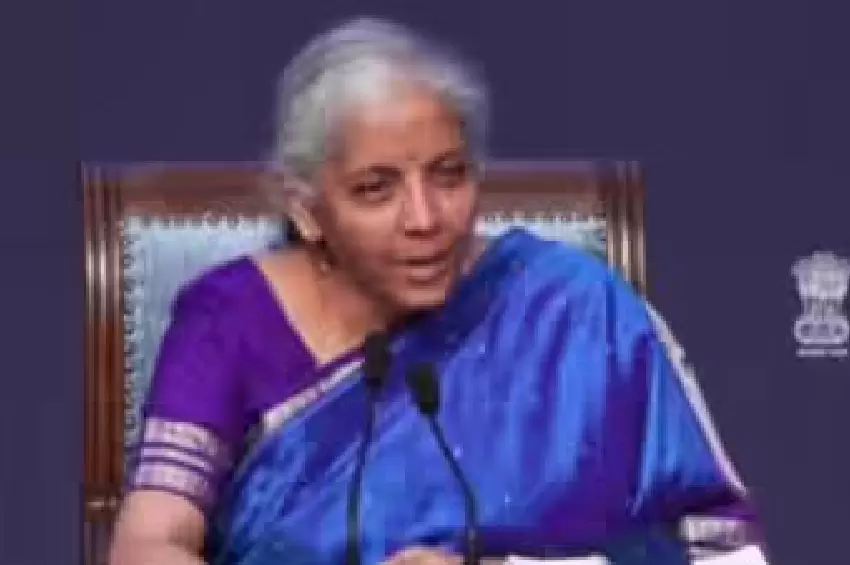The Impact of the Air India Crash on Passenger Psychology
The tragic Air India crash on June 12 in Ahmedabad, claiming 260 lives, has left an indelible mark on the psyche of air travelers worldwide. Investigations into whether the accident was due to pilot error or a mechanical failure in the Boeing 787 Dreamliner continue, but the psychological repercussions are already evident.

Experts note a sharp increase in flight-related anxiety, even among seasoned travelers. "Post-tragedy, fear naturally escalates," explains Dr. Shefali Batra, a psychiatrist from Mumbai. The situation is exacerbated by recent incidents involving Air India and other carriers, further fueling public concern.
The Role of Social Media in Amplifying Fear
Constant exposure to distressing news on social media platforms is identified as a significant factor in this rising anxiety. "The barrage of aviation disaster coverage intensifies fear," states Dr. Anjali Chhabria, highlighting how even indirect exposure to trauma can instill a pervasive sense of danger.
Seeking Solutions: From Therapy to Flight Simulators
In response, facilities like Cockpit Vista in Bengaluru are seeing increased interest. Utilizing flight simulators, they offer a controlled environment to confront and manage flight anxiety, replicating various in-flight conditions to help individuals cope.
Statistics reveal that 30-40% of passengers on a standard flight experience some level of anxiety, a figure that aligns with global trends. This has led some to alter travel plans, opting for trains or extending stays to avoid flying, a reaction psychiatrist Batra describes as "completely human."
Understanding the Fear: Beyond the Surface
Aviation anxiety affects a broad spectrum of individuals, including high-achieving professionals who struggle with the lack of control inherent in air travel. "The inability to exit mid-flight adds to the distress," notes an expert, with some passengers requesting to disembark at the last minute.
This phenomenon underscores the complex relationship between human psychology and air travel, reminding us that the fear of flying is not just about safety concerns but also about confronting our vulnerabilities.









Comments